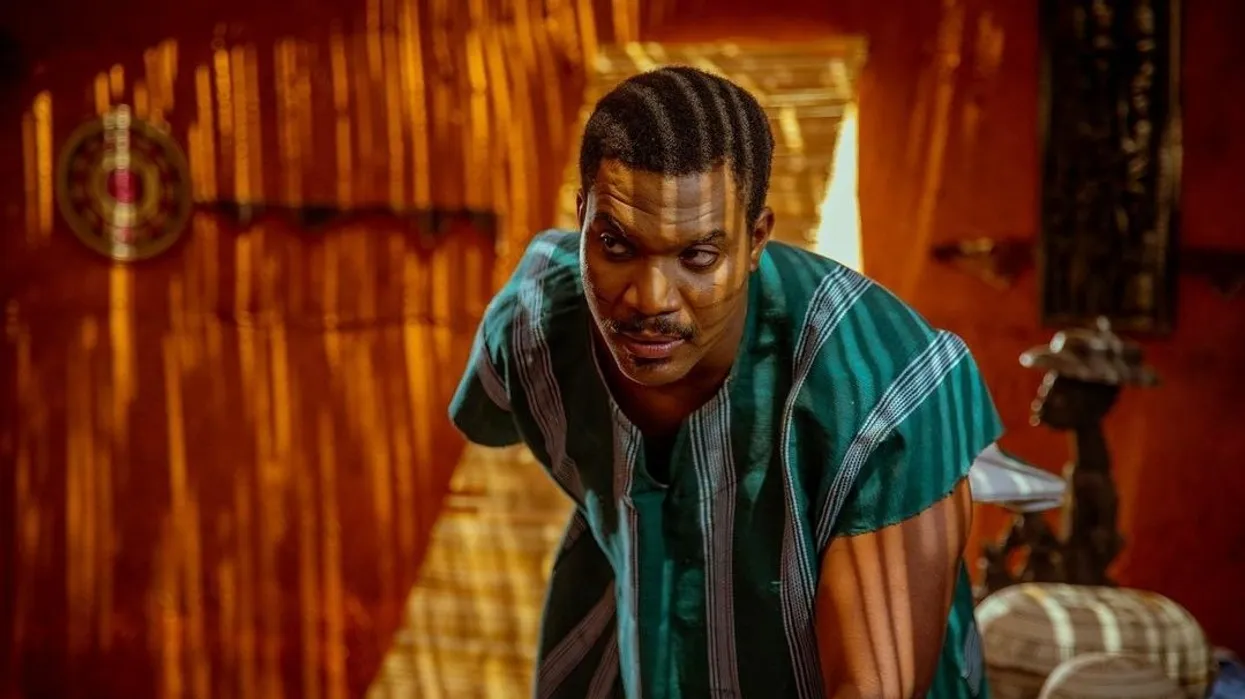Exploring the Cultural Significance of Yoruba Movies

The Roots of Yoruba Cinema
Yoruba movies have long held a special place in Nigeria’s cultural landscape. Emerging in the 1960s through the efforts of theatrical legends like Hubert Ogunde, Duro Ladipo, and Moses Olaiya (Baba Sala), Yoruba cinema began as stage drama performances before transitioning to film. These early productions were deeply rooted in Yoruba traditions, religious beliefs, and folklore. What set Yoruba movies apart even in their infancy was their commitment to storytelling steeped in indigenous culture, moral lessons, and spiritual symbolism. These films were not just entertainment; they were a preservation of Yoruba identity and oral history in a rapidly modernizing world.
Language as a Vessel of Culture
One of the most defining features of Yoruba movies is the use of the Yoruba language. Language is a core component of any culture, and Yoruba movies have been instrumental in preserving and promoting the use of the Yoruba language, especially among younger generations. In an era where globalization and digital content are causing many indigenous languages to diminish, Yoruba cinema remains a stronghold. By watching Yoruba movies, audiences are not only entertained but also immersed in a linguistic and cultural experience that strengthens their ties to heritage.
Reflecting Social Values and Beliefs
Yoruba movies are a mirror of societal norms and values. They often depict the importance of family, respect for elders, community solidarity, and the consequences of immoral behavior. Themes such as loyalty, honesty, betrayal, and supernatural justice are common. These recurring elements help reinforce communal ideals and ethical standards. By weaving moral messages into compelling narratives, Yoruba movies educate while entertaining, bridging the gap between tradition and modern values.
The Role of Religion and Spirituality
Religion and spirituality are deeply woven into Yoruba culture, and this is evident in Yoruba movies. The representation of traditional Yoruba religion, Christianity, and Islam often plays a central role in storylines. These films explore themes like fate, destiny (ayanmo), and divine retribution, offering a unique blend of spiritual insight and cultural philosophy. Rituals, ancestral worship, oracles, and divination systems such as Ifá are depicted not merely as plot devices but as integral parts of Yoruba life. By showcasing these spiritual elements, Yoruba movies help demystify indigenous beliefs and combat cultural erosion.
Celebrating Traditional Attire, Music, and Dance
Yoruba movies are visual festivals of culture. From the elaborate aso-ebi worn in weddings to the symbolic gele headwraps, fashion is not just style but identity. The colorful and intricate Yoruba attire featured in these movies keeps traditional dress relevant and admired. Similarly, indigenous music and dance often punctuate the narratives, adding rhythm and emotional depth. Traditional instruments like the talking drum, sekere, and bata bring cultural soundscapes to life, turning each film into a celebration of Yoruba artistic expression.
Promoting Gender Roles and Family Structure
Yoruba movies also delve into gender dynamics and family structures. While some films reflect patriarchal norms, others challenge and reframe them. The depiction of powerful female figures—whether mothers, priestesses, or businesswomen—offers commentary on women’s evolving roles in society. Yoruba films frequently explore issues like polygamy, motherhood, generational conflict, and the tension between tradition and modernity in family life. Through these portrayals, viewers gain a deeper understanding of how Yoruba society navigates change while holding onto cultural values.
Preserving Folktales and Oral Traditions
Yoruba culture boasts a rich repertoire of myths, folktales, and historical narratives. Yoruba movies serve as modern-day griots, keeping these stories alive for future generations. Films inspired by legendary figures like Sango, Ogun, and Moremi transmit mythological and historical knowledge that might otherwise fade with time. Additionally, storytelling techniques such as proverbs, idioms, and poetic expressions are preserved and revitalized in film dialogue. This ensures that oral traditions remain a vibrant and living part of Yoruba identity.
Socio-Political Commentary
Beyond cultural celebration, Yoruba movies often act as social commentaries. They address pressing issues such as corruption, poverty, domestic violence, and political instability. By embedding these themes within culturally resonant stories, filmmakers can highlight societal challenges in a way that is both impactful and relatable. This makes Yoruba cinema a powerful platform for advocacy and reflection, capable of inspiring change through awareness and empathy.
Economic Impact and Global Reach
The Yoruba film industry, a significant segment of Nollywood, contributes enormously to Nigeria’s economy. With thousands of productions annually, it creates jobs for actors, directors, makeup artists, and crew members. More importantly, the global reach of Yoruba movies via streaming platforms like YouTube and Netflix has introduced international audiences to Yoruba culture. Non-Yoruba speakers across Africa, the diaspora, and beyond engage with subtitled films, increasing cross-cultural appreciation and dialogue. This global visibility elevates Yoruba culture to a worldwide stage, affirming its relevance and beauty.
Challenges and the Road Ahead
Despite its achievements, Yoruba cinema faces several challenges. Issues like poor funding, piracy, and low production quality in some areas hinder growth. Additionally, the pressure to appeal to wider audiences sometimes leads to the dilution of cultural content. However, the industry is evolving. New-generation filmmakers are bringing technical innovation, compelling storytelling, and cultural pride into their projects. Collaborations with international studios and increasing investments are signs of a bright future.







